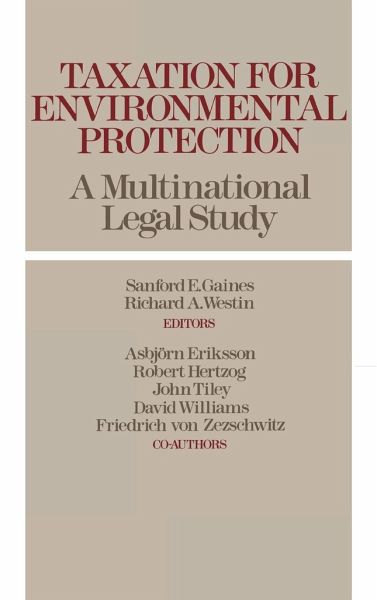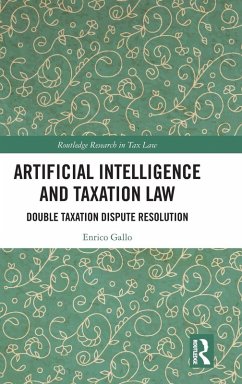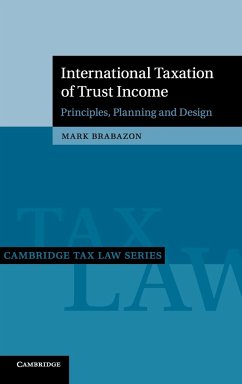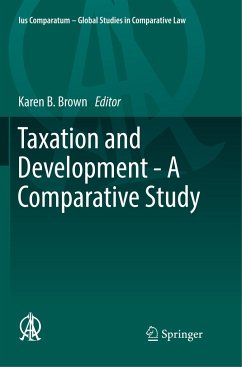
Taxation for Environmental Protection
A Multinational Legal Study
Herausgeber: Gaines, Sanford; Westin, Richard

PAYBACK Punkte
44 °P sammeln!
This book brings together the work of scholars from England, France, Germany, Sweden, and the United States to examine the ways in which industrialized nations have used and are developing tax laws to help alleviate environmental problems. For each country, the contributors offer a thorough review of existing and proposed initiatives and an in-depth evaluation of their effectiveness. They also discuss the theoretical framework behind environmental tax initiatives, explain alternative systems to taxation, reveal problems in dealing with environmental concerns that are common to all of the count...
This book brings together the work of scholars from England, France, Germany, Sweden, and the United States to examine the ways in which industrialized nations have used and are developing tax laws to help alleviate environmental problems. For each country, the contributors offer a thorough review of existing and proposed initiatives and an in-depth evaluation of their effectiveness. They also discuss the theoretical framework behind environmental tax initiatives, explain alternative systems to taxation, reveal problems in dealing with environmental concerns that are common to all of the countries studied, and suggest ways to more efficiently coordinate tax and environmental policies. Based on their research, the contributors conclude that the general tax systems of the United States and other countries unintentionally conflict with environmental policies and that no country has yet been able to adequately control automobile pollution, although some have had varying degrees of success in other areas. The volume begins with an introduction that presents a nontechnical discussion of the current economic thinking on environmental taxes and alternatives such as direct government regulation and granting polluters limited or tradable rights to pollute. The following chapters discuss each country in turn. Each chapter first examines the institutional framework of the country--central versus regional government, how legislation is enacted and executed, the distribution of authority over environmental matters, and important environmental policy goals. Next, the compatability of the tax system with environmental goals is analyzed. Finally, there is a thorough treatment of that country's environmental tax initiatives, including an in-depth assessment of their relative success or failure. Policymakers, lobbyists, economists, and attorneys will find Taxation for Environmental Protection enlightening reading.














